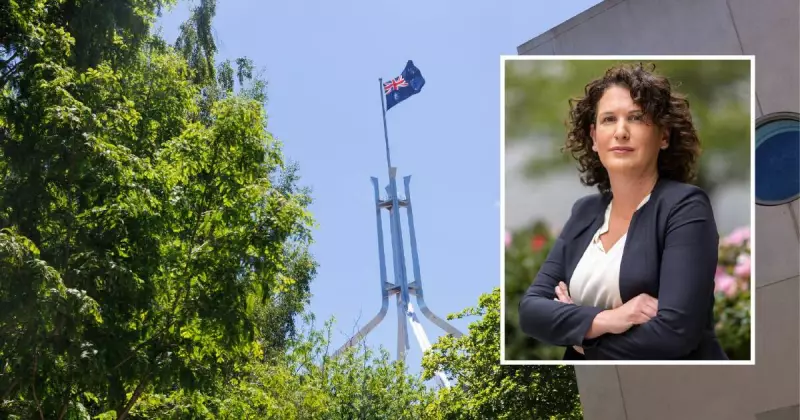
The Australian Finance Department has firmly opposed a parliamentary proposal that would grant politicians authority to approve or reject government consultancy contracts exceeding $2 million, warning it could undermine public service independence and introduce ministerial influence over procurement decisions.
Department Raises Governance Concerns
In a submission to a draft bill that would establish a joint parliamentary committee to scrutinise government consultancy spending, the department argued that giving parliamentarians contract approval power contradicts established governance structures and federal procurement rules. The proposed legislation emerged as a key recommendation from last year's major inquiry into the consulting sector, to which the Albanese government has yet to formally respond.
The department specifically warned that introducing ministerial involvement in procurement approvals creates risks of perceived or actual ministerial influence over contract outcomes, directly conflicting with the government's procurement policy framework. This position highlights ongoing tensions between parliamentary oversight and maintaining an independent public service.
Practical Implementation Challenges
Beyond governance concerns, the Finance Department identified significant practical problems with the proposed oversight committee. Officials expressed concern about the bill's broad definition of public consultancy contract, estimating it could subject approximately 2000 contracts to committee review annually.
The department warned this expanded scope would likely cause confusion for officials, compliance issues, and significant workload increases across government agencies. This practical opposition comes despite growing public concern about consultancy spending following the PwC tax leaks scandal and other high-profile cases.
Mixed Reactions from Stakeholders
The proposal has received divided responses from key stakeholders. Former Public Service Commissioner Andrew Podger aligned with the Finance Department's position, noting it would be unusual for Parliament to directly involve itself in decisions traditionally made by public servants. He argued this would inevitably draw politics into procurement processes.
In contrast, the Community and Public Sector Union supported establishing an oversight committee but criticized the $2 million threshold. CPSU National Secretary Melissa Donnelly argued that questionable contracts could fall through the cracks regardless of their value, citing concerns about contracts being misclassified on government tender systems.
Donnelly emphasized that public confidence requires accountability at all contract levels, whether $400,000 or $4 million. This position reflects ongoing union concerns about consultancy firms falling short of community expectations.
Broader Context and Political Dimensions
The debate occurs against a backdrop of substantial government spending on consultants. Federal agencies spent approximately $845 million on consultants during the 2023-24 financial year, with consultancy contracts comprising nearly 4% of all government procurement.
The Greens have indicated they would consider supporting the bill while calling for more substantial reforms, including structural separation of large consulting firms and bans on political donations. Greens spokesperson Barbara Pocock stressed that real reforms must address fundamental conflicts of interest and improve procurement controls beyond mere oversight mechanisms.
As the government continues to delay its formal response to last year's consulting inquiry, this legislative proposal represents one of the first concrete attempts to implement the inquiry's recommendations for greater transparency and accountability in how taxpayer funds are allocated to external consultants.






